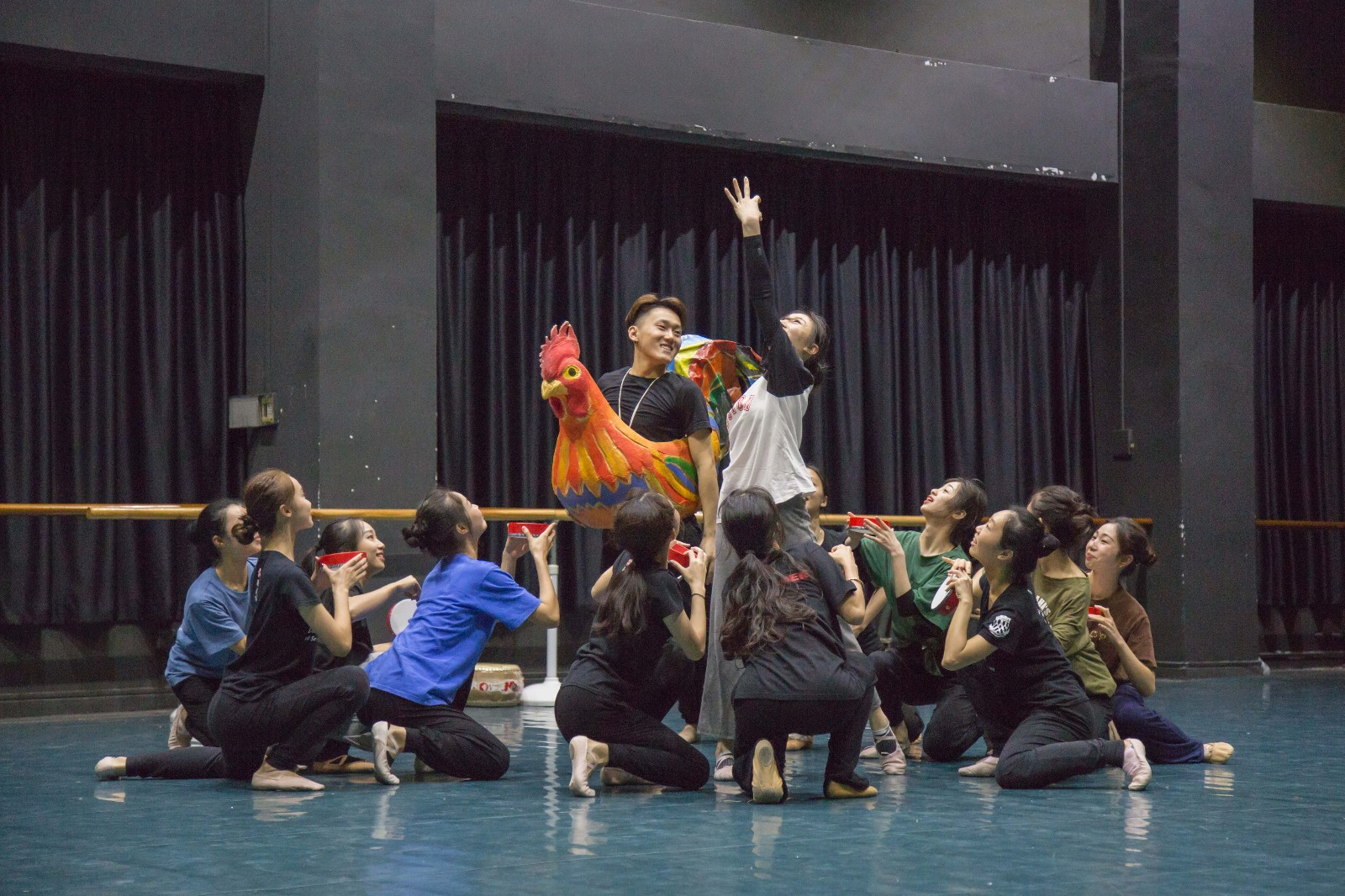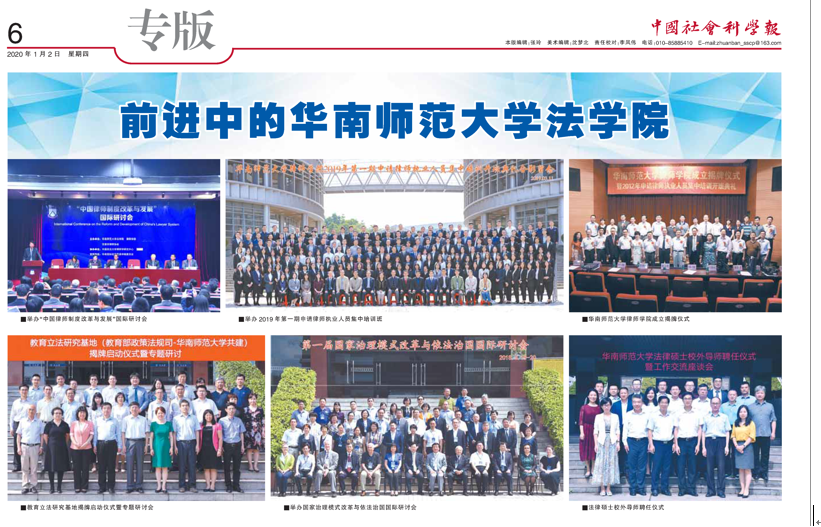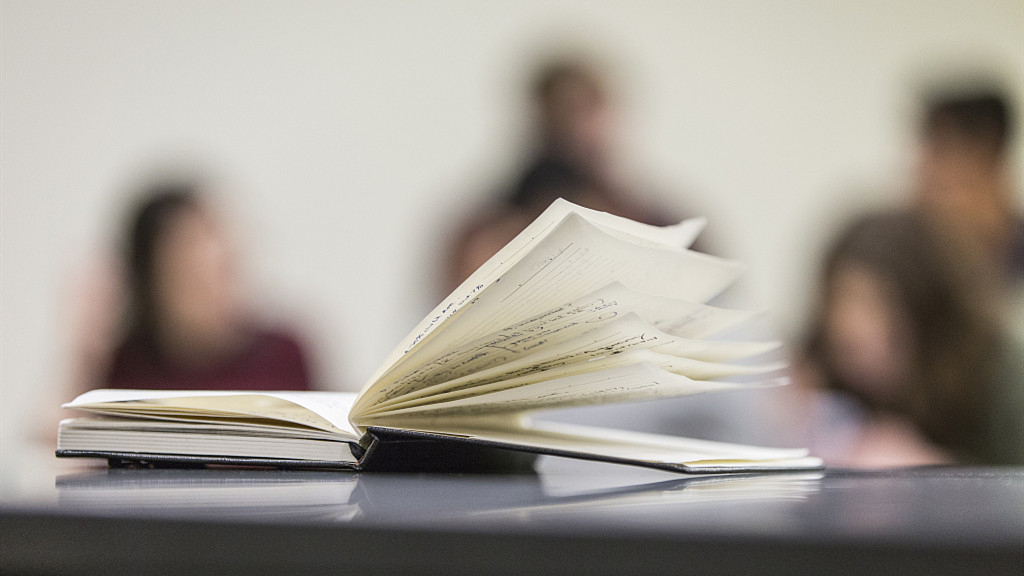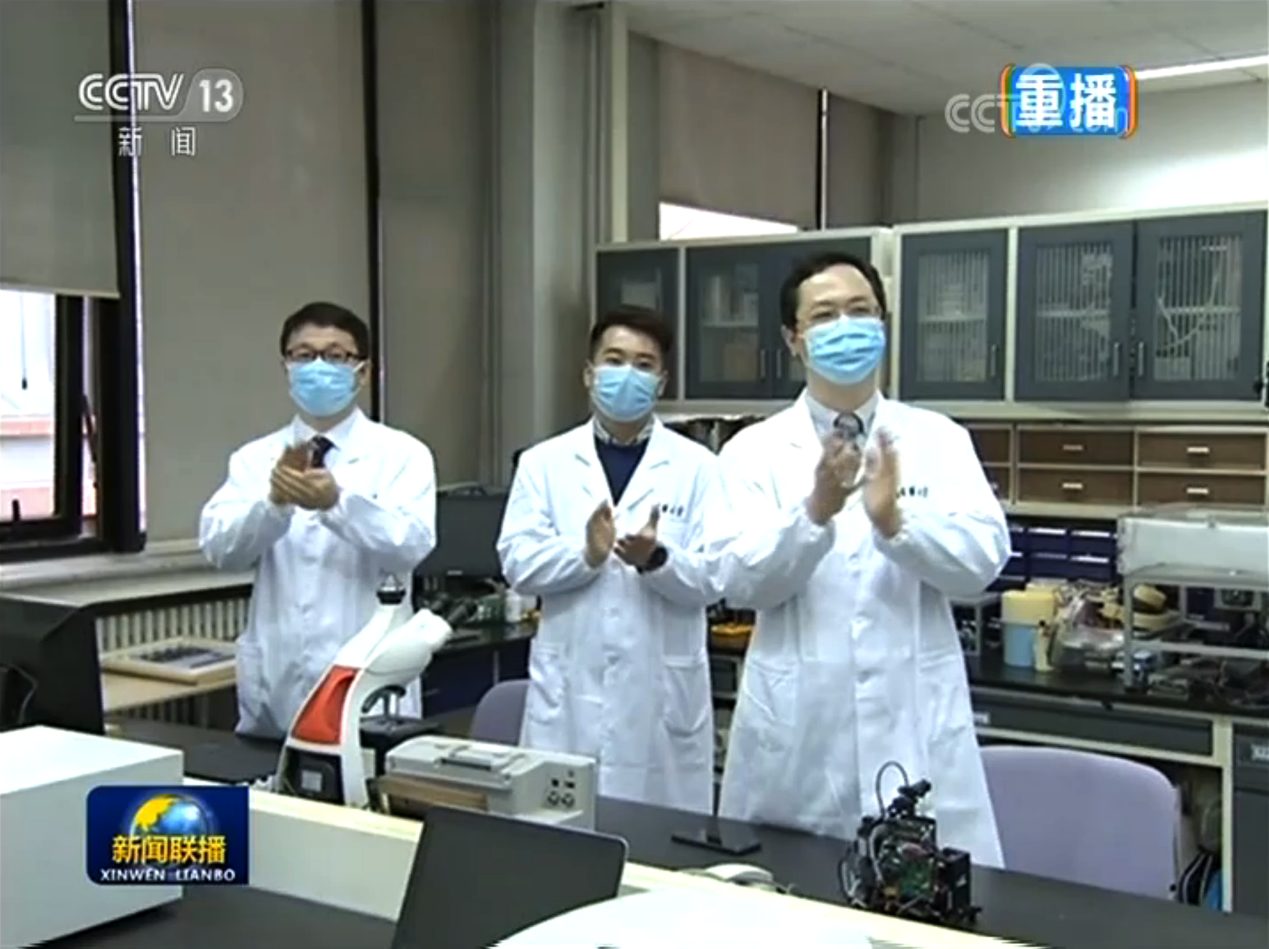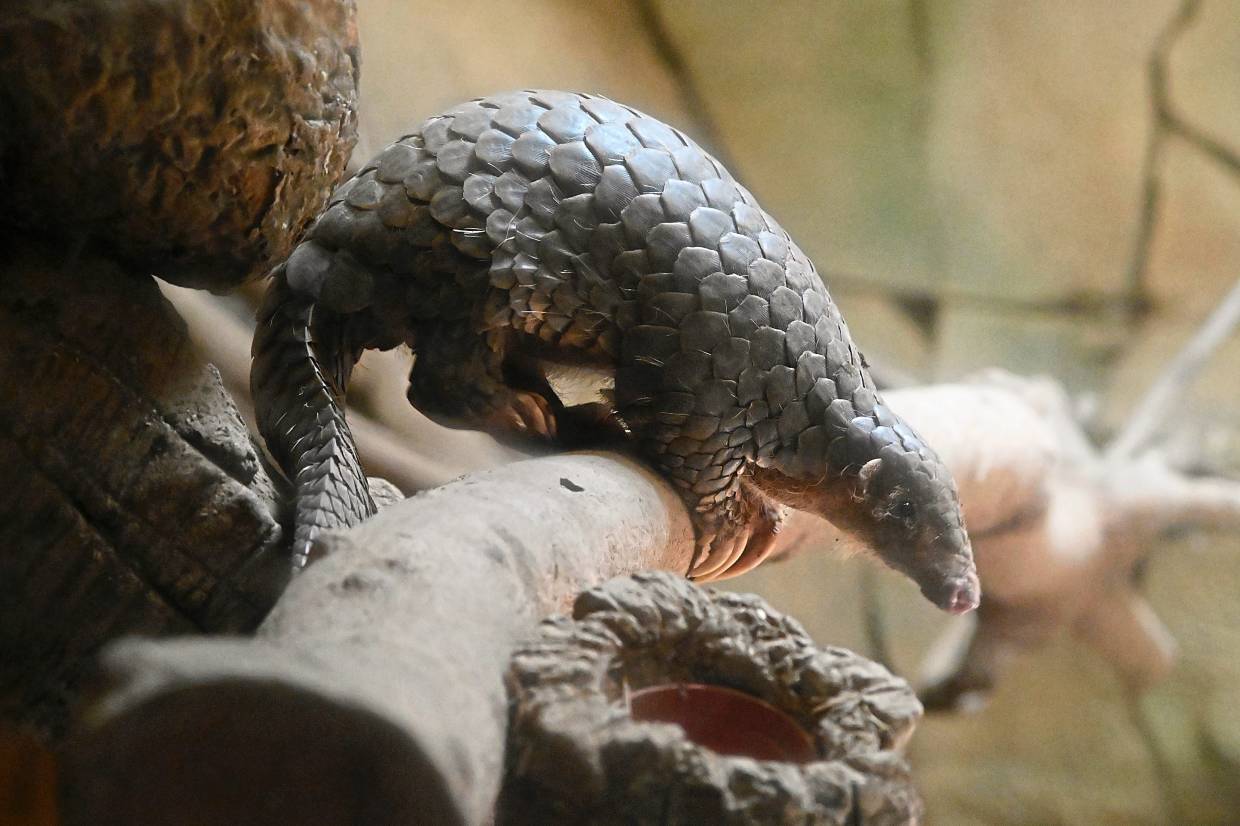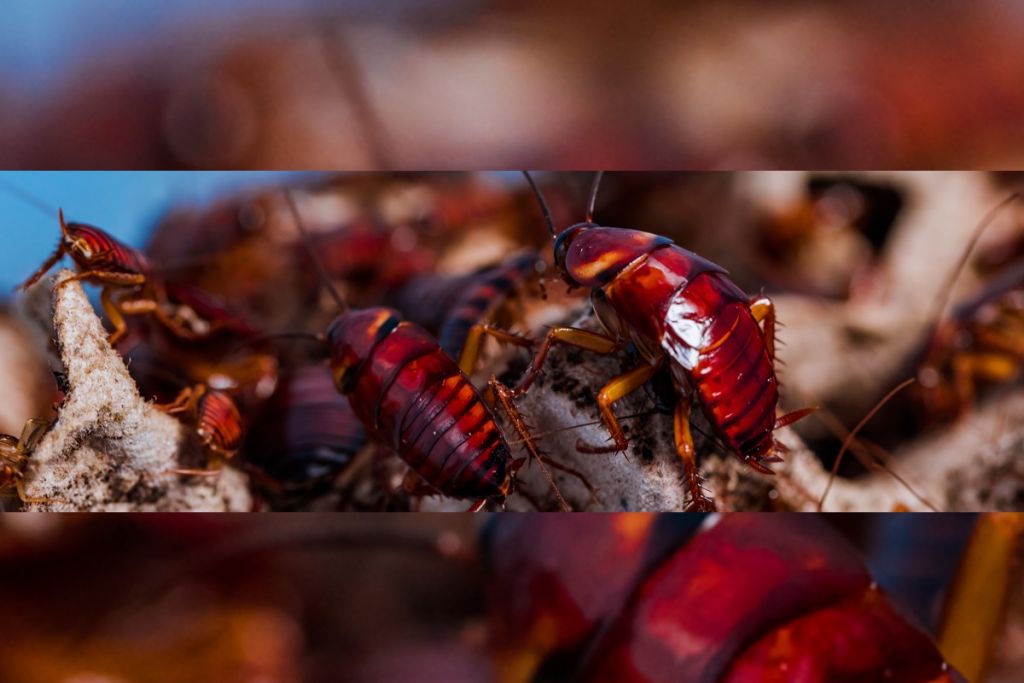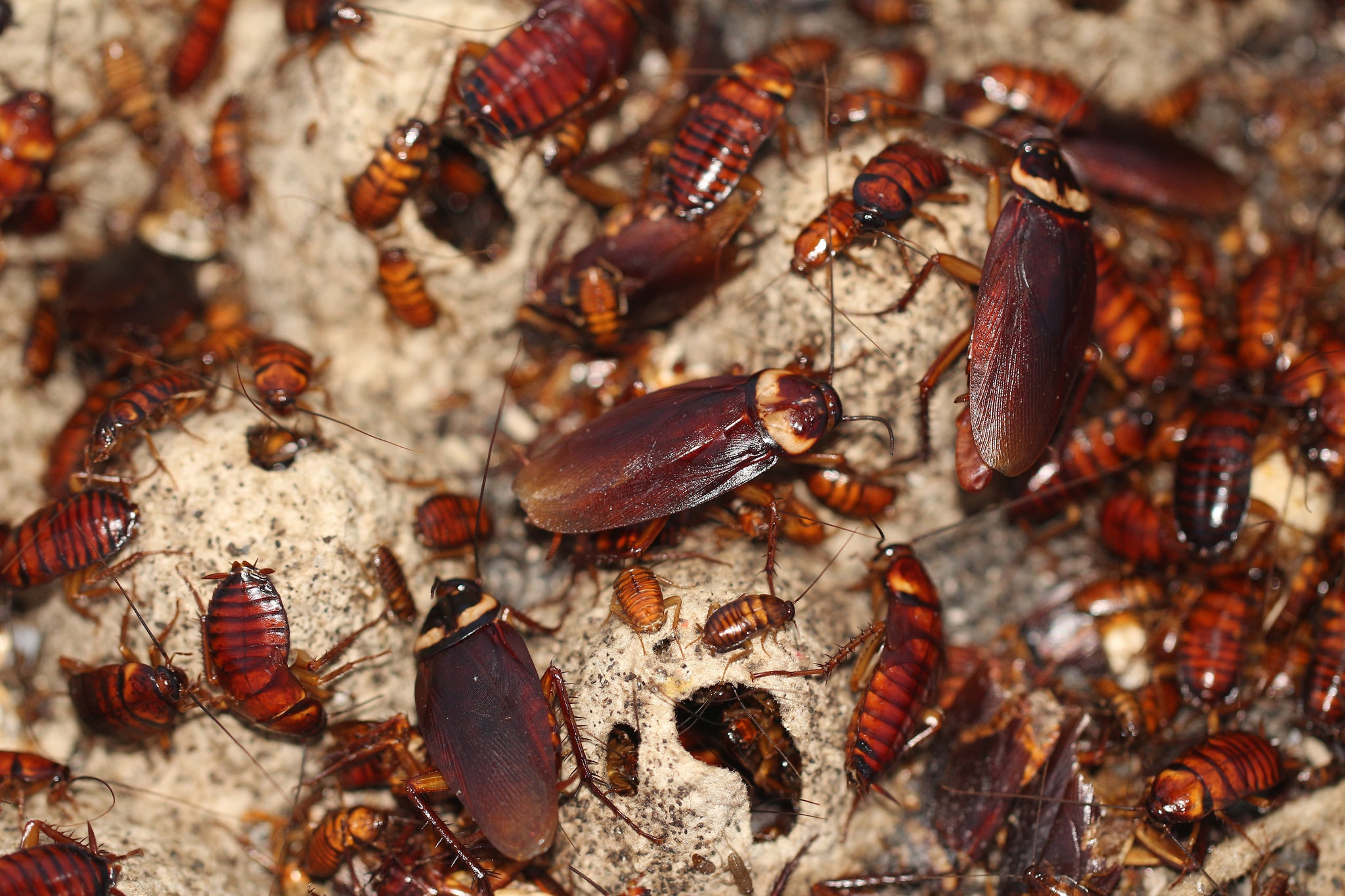
Likes
A study in mice has shown that when a mother exercises, her offspring will see long-term improvements in their overall fitness and muscle function. What’s more, these benefits can be passed down for multiple generations.
"This discovery suggests that increasing physical activity during pregnancy could have lasting health benefits for offspring, potentially improving their endurance and physical fitness," said Rui Duan, professor at South China Normal University and senior author of the study.
While previous studies had drawn a connection between a mother’s exercise and the health of her direct offspring, this is the first time these benefits have been shown to be inherited by second and third generations of mice. Duan and colleagues have also been the first to show the mechanisms that make this process possible at the molecular level, where they found that vitamin C plays an essential role.
"This opens up the possibility of using targeted interventions, like vitamin C supplementation, to enhance the positive effects of exercise on future generations," said Duan. "This could be important for addressing fitness-related health issues, especially in populations that may not have access to regular physical activity.”
Understanding the effects of exercise
With this study, Duan’s team wanted to better understand whether exercise in one generation could help the generations to come, and investigate how this happens at the molecular level.
“We’ve known for a while that regular exercise can improve physical fitness,” said Duan. “However, we wanted to explore how exercise could not only impact the individual but also influence future generations. Could maternal exercise change the fitness of offspring, and if so, how?”
To answer these questions, the scientists made female mice run regularly on a treadmill for 10 weeks and then matched them with sedentary males. Their offspring had better running performance and endurance compared to mice born to females that did not exercise. These effects lasted from weaning until the mice were fully adult, at 12 months old.
Furthermore, grandchildren and great grandchildren of mice that exercised still showed improved endurance, even when their own mothers did not exercise.
“We discovered that maternal exercise enhances the [amount of] mitochondria and oxidative fibers in muscles, which play a key role in endurance,” Duan explained.
These changes could be traced back to epigenetic changes in genes related to fitness, meaning that these genes are being activated or deactivated without altering their DNA sequence. A key player in this process turned out to be vitamin C, which was already known to be involved in epigenetic processes within our cells.
The researchers found that giving vitamin C to female mice during pregnancy achieved the same benefits in offspring fitness as regular exercise. This only happened when mothers received the vitamin at the time of pregnancy when the fetus is developing its muscles.
In addition, mice that were genetically modified to stop their natural production of vitamin C were not able to inherit an enhanced fitness, even when their mothers exercised. This showed that vitamin C is essential for this process in mice, a discovery that could open the door for future therapeutic applications.
Impact on human health
Duan and colleagues have taken a first step towards understanding how the benefits of exercise can be passed down across generations. Their findings could also have significant implications for public health down the line, but more research will be needed to fully understand how this process could impact overall health and fitness in the long term.
“This study is well-designed and robust, supported by a large cohort of mice that strengthens the reliability of its findings,” said Jorge Martínez-Cano, postdoctoral researcher at the Centro de Biología Molecular Severo Ochoa in Madrid, Spain, who was not involved in the study. “However, it presents some limitations, including the need to assess whether these effects translate to humans and to better define the extent to which environmental factors influence the observed epigenetic inheritance.”
A key factor to address is the differences in vitamin C metabolism between mice and humans. Martínez-Cano explained that while mice can naturally produce vitamin C, humans can only obtain it in our diet. Therefore, it would be necessary to study this process in animals that are more similar to us, such as primates, as well as testing the safety and efficacy of vitamin C supplementation in clinical trials.
“While our findings are promising, translating this research to humans will require further studies to confirm the specific mechanisms involved,” said Duan. “We need to understand how these epigenetic changes occur in human offspring and how they could be influenced by maternal exercise or supplementation.”
“We plan to expand our research to look at human data and evaluate if interventions during pregnancy, like exercise or supplementation, can improve the fitness of the next generation.”
This news article originally appeared with the headline: Mouse study reveals multi-generational benefits of exercising during pregnancy
Reference: Haiwang Shi et al., Vitamin C-Dependent Intergenerational Inheritance of Enhanced Endurance Performance Following Maternal Exercise, Advanced Science (2025). DOI: 10.1002/advs.202408912
What to read next:
